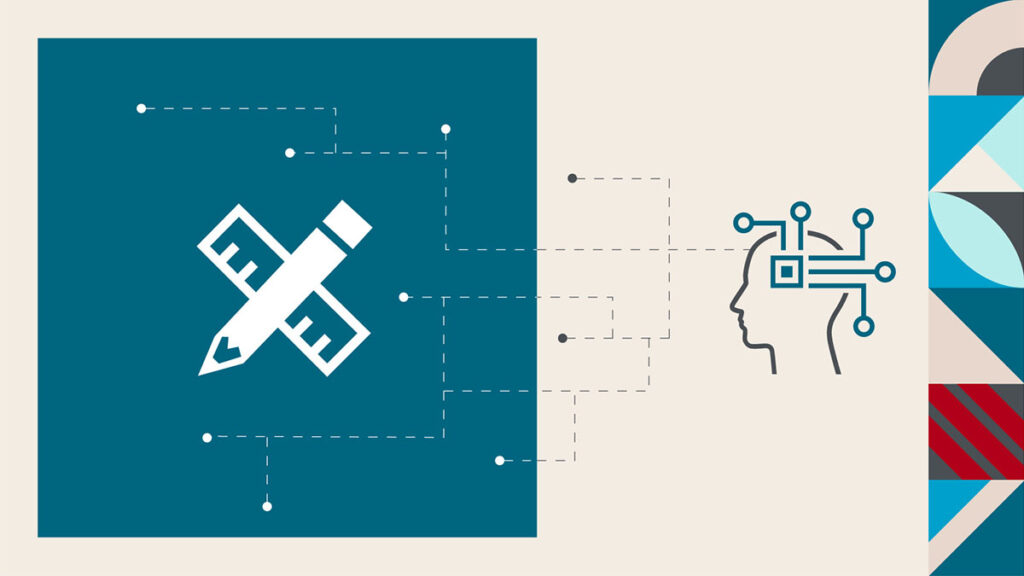In the realm of software development, APIs (Application Programming Interfaces) are indispensable, acting as the conduits through which different software systems interact and share data. The demand for robust and efficient APIs is ever-growing, making the design and testing phases crucial to delivering high-quality API services.
Enter artificial intelligence (AI), a game-changer in automating and optimizing these processes, bringing a new level of efficiency, accuracy, and innovation to API management.
Traditional challenges of API design and testing
Designing and testing APIs have traditionally been resource-intensive tasks, often plagued by several challenges:
- Complexity: APIs need to cater to a variety of clients and use cases, making their design intricate and time-consuming.
- Consistency: Ensuring consistency across different API versions and maintaining comprehensive documentation is arduous.
- Testing coverage: Comprehensive testing is essential to identify and rectify bugs, but achieving full coverage manually is difficult.
- Time consumption: Both design and testing processes are labor-intensive, delaying time-to-market.
AI, with its ability to learn, predict, and automate, addresses these challenges head-on, transforming how APIs are designed and tested.
AI-driven API design
AI enhances API design by automating various aspects of the process, thus ensuring efficiency and consistency.
- Automated documentation generation: AI can analyze code and existing documentation to automatically generate comprehensive and up-to-date API documentation. This ensures that developers have accurate information at their fingertips, reducing the chances of errors due to outdated or incomplete documentation.
- Design recommendations: Leveraging machine learning, AI can analyze existing APIs and usage patterns to recommend best practices and improvements. For instance, it can suggest optimal endpoint structures, naming conventions, and parameter usage based on industry standards and successful implementations.
- Mock server generation: AI tools can automatically generate mock servers that simulate the behavior of the actual API, allowing developers to test and iterate on their designs before the backend is fully implemented. This accelerates the development process and helps in identifying potential issues early on.
AI-powered API testing
Testing is a critical phase in API development, ensuring that the API performs as expected under various conditions. AI significantly enhances this phase through automation and intelligent analysis.
- Automated test case generation: AI can automatically generate a wide range of test cases by analyzing API specifications and historical data. This includes functional tests, load tests, and security tests, ensuring comprehensive coverage without manual intervention.
- Smart test execution: AI-driven testing tools can execute tests intelligently by prioritizing the most critical test cases based on factors such as recent changes in the code, historical failure patterns, and user impact. This ensures that potential issues are identified quickly and efficiently.
- Continuous testing and integration: Integrating AI with continuous integration and continuous deployment (CI/CD) pipelines enables automated and continuous testing of APIs. AI can monitor the results of each test run, identify patterns of failure, and even suggest fixes, facilitating rapid iterations and improvements.
- Error prediction and resolution: AI can predict potential points of failure by analyzing past test results and usage data. It can also assist in troubleshooting by providing insights and suggestions for resolving identified issues, thereby reducing downtime and enhancing API reliability.
See also: Remediate Your Lost APIs [Zombie APIs, Shadow APIs, Legacy APIs]
Benefits of AI in API design and testing
The integration of AI into API design and testing offers numerous benefits:
- Increased efficiency: Automation reduces the time and effort required for designing and testing APIs, allowing developers to focus on more strategic tasks.
- Enhanced accuracy: AI minimizes human errors by providing consistent and precise documentation, recommendations, and test results.
- Comprehensive coverage: Automated test case generation ensures thorough testing, covering scenarios that might be overlooked in manual testing.
- Faster time-to-market: By streamlining the design and testing phases, AI accelerates the overall development process, enabling quicker releases and updates.
- Continuous improvement: AI’s ability to learn and adapt from past data ensures that the API design and testing processes continuously improve over time.
Conclusion
Artificial intelligence is revolutionizing API design and testing, bringing unprecedented levels of automation, accuracy, and efficiency. By leveraging AI, organizations can streamline their API management processes, ensuring the delivery of high-quality, reliable, and robust APIs.
As AI continues to evolve, its role in API management will only grow, driving innovation and setting new standards in the world of software development. Embracing AI-driven solutions is not just a technological advancement; it’s a strategic move towards a more efficient and future-ready API ecosystem.
Discover API governance frameworks, best practices, and tools for federated API management that offer a central management plane.
